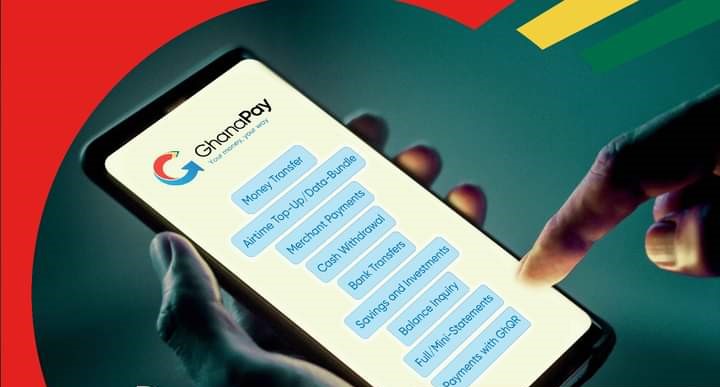Ghanaians now have a compelling reason to reconsider how they send and receive money digitally. Following the scrapping of the Electronic Transfer Levy (E-Levy), GhanaPay Mobile Money—a mobile money platform powered by Ghanaian banks—has announced zero transfer fees for all mobile money transactions. The move positions GhanaPay as the most cost-effective player in Ghana’s competitive digital payments market and could significantly alter the mobile money landscape.
Launched by Ghana’s banking industry in partnership with the Ghana Interbank Payment and Settlement Systems (GhIPSS), GhanaPay combines the flexibility of mobile money with the security and depth of traditional banking. Now, with the removal of both E-Levy charges and transfer fees, GhanaPay offers an increasingly attractive alternative for consumers, particularly in a cost-conscious economy.

But beyond the immediate benefit to users, the move could ripple across the mobile money ecosystem. If patronage for GhanaPay increases as expected, other major players like MTN MoMo, Telecel Cash, and AT Money could come under significant pressure to revise their fee structures. These telcos, which currently charge transfer fees, may be compelled to slash or eliminate them to remain competitive—a potential turning point for Ghana’s mobile money industry.
In a market where cost is a major factor influencing user behavior, GhanaPay’s zero-fee model could attract individual users, SMEs, churches, cooperatives, and civil society groups seeking traceable, affordable financial services. And with additional features such as high-yield savings wallets, automated bill payments, crowdfunding tools, and sponsored wallets for controlled third-party spending, the platform is quickly emerging as more than just a transaction tool—it’s becoming a full-service digital finance hub.
Users can also pay electricity bills, purchase airtime across networks, and access a growing list of everyday financial services. According to Samuel Darko, Head of GhanaPay at GhIPSS, the platform is set for further enhancements aimed at making it the most functional and user-friendly service in the country. “Our aim is to continually enrich the user experience and support Ghana’s transition toward a truly cash-lite economy,” he said.
If GhanaPay’s no-fee model proves successful, it could set off a wave of industry-wide reforms, lowering the cost of digital transactions across the board and accelerating financial inclusion.
In the race for market dominance, cost leadership could be a game-changer—and GhanaPay just played its strongest card yet.
Source: thehighstreetjournal.com


